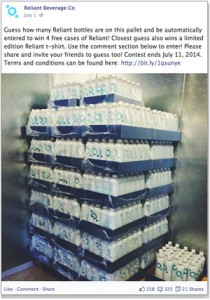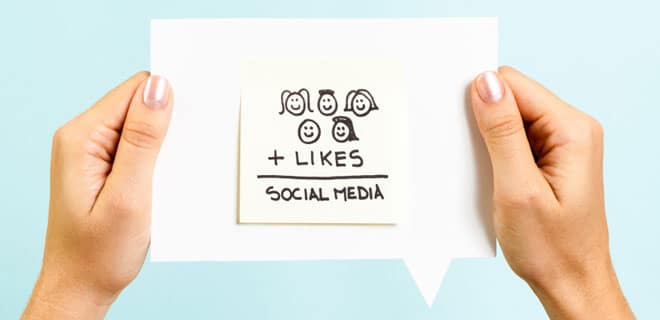A discussion about social media in your PR and marketing program is not complete until you discuss measurement, evaluation, audience and performance. One way you can evaluate your program on these characteristics is through a contest.
Contests are a great opportunity to give back to loyal followers and boost visibility to potential new followers. Gearing up for a contest may seem like a daunting task. By using a simple, low-resistance format for your contests, you can easily gauge the willingness of your audience and their engagement threshold. You can then benchmark this information so it can become valuable for future contests, programs and campaigns.
It’s very rare that you’ll have a brand with an audience that will engage all the time, every time. It’s possible that you may have little to no social engagement, depending on your product or service offering. Creating an incentivized opportunity for followers to get involved gives you insight into metrics around your maximum engagement potential for future campaigns. By running a low resistance contest, you optimize your campaign toward an incentivized opportunity. This can shape future targeted goals based on how eager your audience is to share or interact with you.
In order to evaluate performance, benchmarking metrics provide a critical ruler to your ongoing performance. Running a contest of this nature is simple and easy.
Three steps to start your social media contest
1. Set the primary action for your target audience
First task is to set primary expectations. For low-resistance, high engagement projects you’ll want to establish a primary action, making it easy and advantageous for your likes and follows. Facebook recently eliminated a page’s ability to use like-gating as a contest tactic. Many brands go for email sign-up programs, making it easier for follow-up or to begin fostering long term leads. Neither of these options is very low-resistance. Your best bet is to opt for entry via a photo or post comment. This makes it easy for followers to enter; it also has a greater awareness building potential than off-page email sign ups, since Facebook creates “stories” from post comments and likes which has potential reach beyond your followers.
2. Establish terms and conditions
Facebook, Twitter and other social media platforms require terms and conditions for any contest you run on your platform. It alleviates both you and Facebook of a majority of the liability and it’s also a valuable tool to define parameters for your contest. Carefully craft these rules with legal in mind (a review by your legal department would not be a bad idea). Post the terms and conditions along with any contest post to make them easy, accessible and eliminate confusion.
3. Run, report and reward
After all is planned and crafted, run your campaign. Pick or notify your winners and reward them. Not only should you reward the winner, but thanking participants, providing unique shout outs and honorable mentions are a great follow up. These experiences with customers live beyond the contest providing greater impact with a little amount of effort, sure to help encourage customer evangelists down the road.
In distributing prizes, encouraging the winners to use social media is a great idea. These same Individuals who entered are more likely to create user-generated content that can considerably increase the benefit of your contest even after it’s over.
Voxus client case study
Voxus client Reliant Beverage Co. ran a photo contest depicting pallets of product. One lucky winner 
Strengths:
This contest provided a valuable (over $250 retail) incentive for those entering the contest, and even those who did not guess correctly still had a chance to win. The contest ran for two weeks and the brand’s Facebook page performed extremely well, with the post attracting 105% engagement rate of total page followers.
Lessons learned:
This campaign ran across Facebook and Twitter. Twitter followers had a lower response rate than Facebook. The formats for these contests were different but they provided key information on how the two audiences behave for this brand, and delivered key insights into their engagement preferences.

